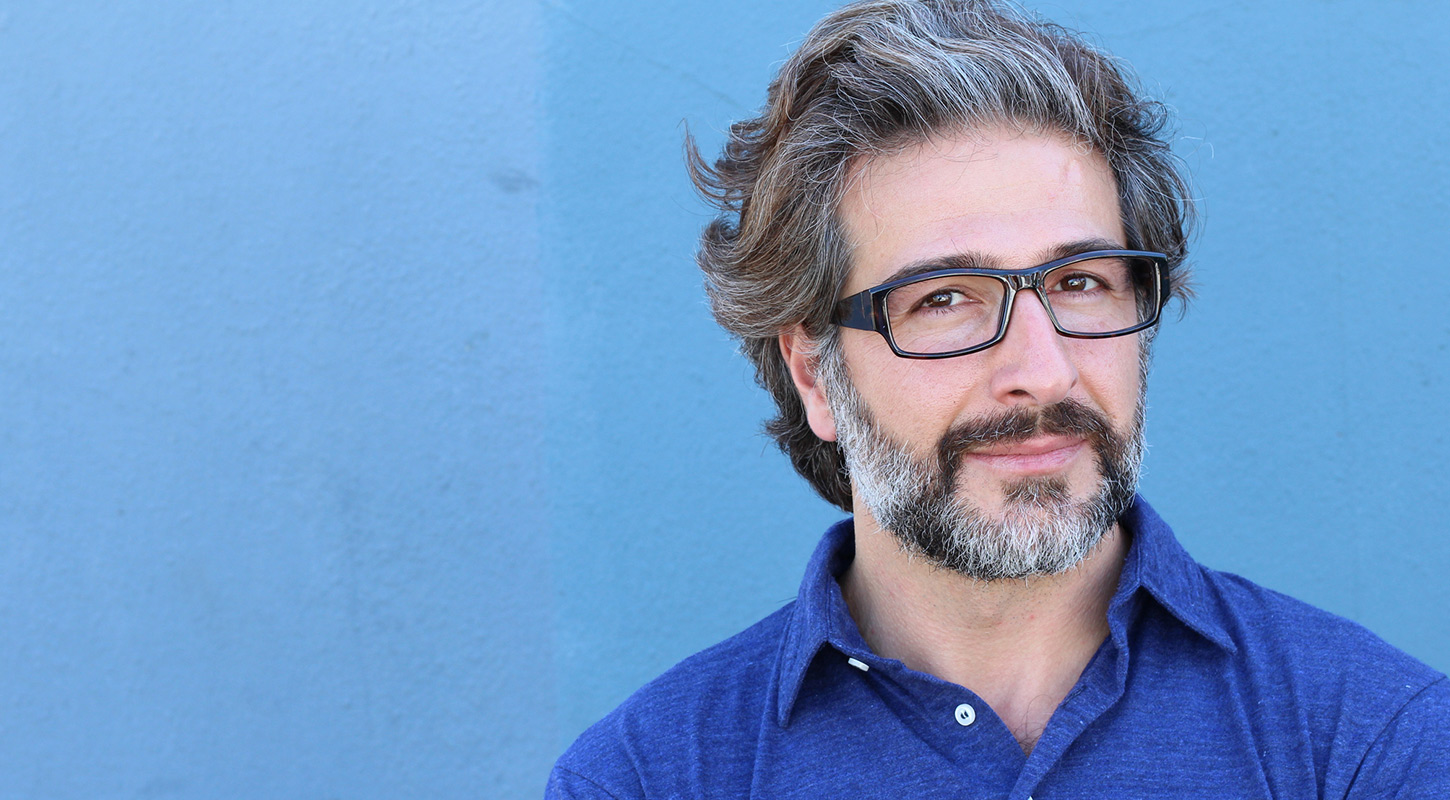Gallbladder Cancer: What You Need to Know About This Rare Disease

It’s well known that early detection is important for all types of cancer, but in certain cases it becomes even more critical. This is especially true when it comes to catching gallbladder cancer. When found early-on, there is a much higher chance of a cure. Unfortunately, gallbladder cancer is most often discovered in the later stages of its progression.
“Gallbladder cancer is a problem that is very rare,” says Dr. Aleksandar Jankov, a Baptist Medical Group oncologist. “Only around 4,000 adults in the United States are diagnosed with this [disease] each year.”
The survival rate for Stage 1 gallbladder cancer is 50% – however, as the disease progresses, the survival rate drops dramatically, falling to 28% at Stage 2, between 7-8% at Stage 3, and as low as 2-4% at Stage 4.
Gallbladder Symptoms You Should Be Aware Of
Because gallbladder cancer is so dangerous if not caught early, knowing what symptoms to look for is extremely important. These include:
- Abdominal pain, especially after a meal
- Bloating
- Itchiness
- Loss of appetite
- Unexplained weight loss
- Fever
- Nausea or vomiting
- Yellowed skin and eyes
“There are many risk factors, some of which are not fully understood, but the most important is gallbladder stones and gallbladder polyps,” explains Dr. Jankov. “If you have gallbladder stones, that’s a risk factor for gallbladder cancer. It’s very common; people who develop cancer often have stones. If you have polyps larger than one centimeter, you should talk to your doctor about taking the gallbladder out.”
The treatment for this type of cancer is surgery – and the sooner it’s done, the better. Doctors will typically perform an ultrasound or CT scan for people who complain of abdominal pain or other symptoms and if results are abnormal, removing the gallbladder altogether is frequently the best solution.
Often called ‘the cancer you’ve never heard of’, there is no evidence that gallbladder cancer is hereditary. However, there are some lifestyle changes you can make now to reduce your risk. “Keep your body close to ideal body weight; eat healthy; exercise; eat plenty of vegetables,” says Dr. Jankov. “And if you’re having abdominal pain, get checked by your doctor right away.”
